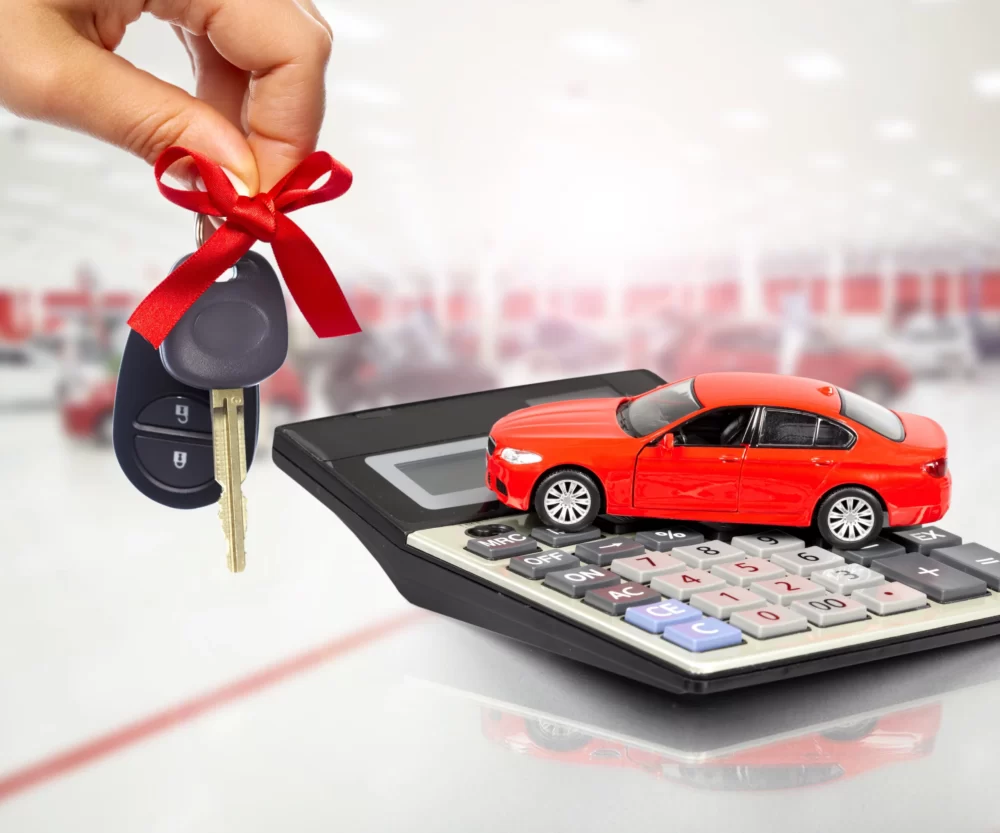When most Canadians decide to buy a car, they also start looking for the best deal in car loans. This financing usually lets them pay for their wheels over a set period of time, with monthly installments that remain unchanged for the term of the loan.
Borrowing many thousands of dollars is a heavy commitment, particularly as buying a car is the second-largest purchase that most of us make in our lifetimes. That’s why it’s important to figure out exactly how much you can afford to pay back each month, calculating exactly how much you’ll have to pay out and then making sure this fits into your budget.
How Auto Loans Work
Although the world of finance might seem complicated, financing a car is a transaction that is easy to understand, once you master the basic terminology:
- term is the length of time for which you wish to borrow the money, which can be up to 96 months under Canadian law. The typical term is 36 months to 72 months, with shorter terms generally costing less overall. With longer terms offering lower monthly payments, buyers can fit more expensive vehicles into their monthly budgets, although paying more;
- principal is the amount you actually borrow, under a loan agreement that often covers the purchase price of the car and rolls in additional outlays as well, such as sales taxes, licensing fees, insurance premiums, and delivery charges;
- interest is a kind of ‘fee’ for using somebody else’s money. Known as the Annual Percentage Rate (APR), this can vary from 3% to 20%, depending on risk factors that include your personal credit score and payment track-record, the amount borrowed, and the duration of the loan, as well as the Bank of Canada’s key interest rate;
- down payment is the cash amount paid upfront when buying a car, generally around 20% of the purchase price, or a traded-in vehicle. However, higher down payments can actually save a lot of money over the long run, through lower interest rates and lighter monthly repayments.
Other Important Factors
A couple of other phrases that must be thoroughly understood by prospective borrowers are:
- secured loans include auto financing, as the value of the actual vehicle serves as a guarantee that lenders get their money back if you default on your repayments for any reason. This is why car loans are approved more easily (and at lower interest rates) than unsecured personal loans taken out to buy your next ride;
- credit score is a three-digit number that shows how much debt you currently hold, your debt repayment history (particularly late settlement). Financial institutions check this figure to measure the risk of ending their money to you – which affects the interest rate they charge you. Remember, there is no standard credit scoring system in Canada, with the two main bureaus – Equifax and TransUnion – each using their own proprietary credit scoring methods. However, the results always fall within a range of 300 to 900 points.
Where to Get Auto Loans
Car buyers generally pick one of two loan sources.
- Car dealerships: most dealers are happy to steer you through the loan application stage, right there in the showroom. They often have agreements with the financing divisions of the auto manufacturers they represent, or with regular financial institutions, like credit unions or banks. Another alternative is an independent finance firm that specialises in financing automobiles.
- Financial institutions: if you have a bank account, a paid-up credit card, and perhaps even a mortgage all in good standing, you might be able to negotiate a more favourable car loan interest rate than you would find through a dealer.
Remember
Your car should be a source of pleasure in your life, right? This means you should always leave a little wiggle room in your monthly budget, to avoid worrying about cashflow shortfalls when emergencies appear.
